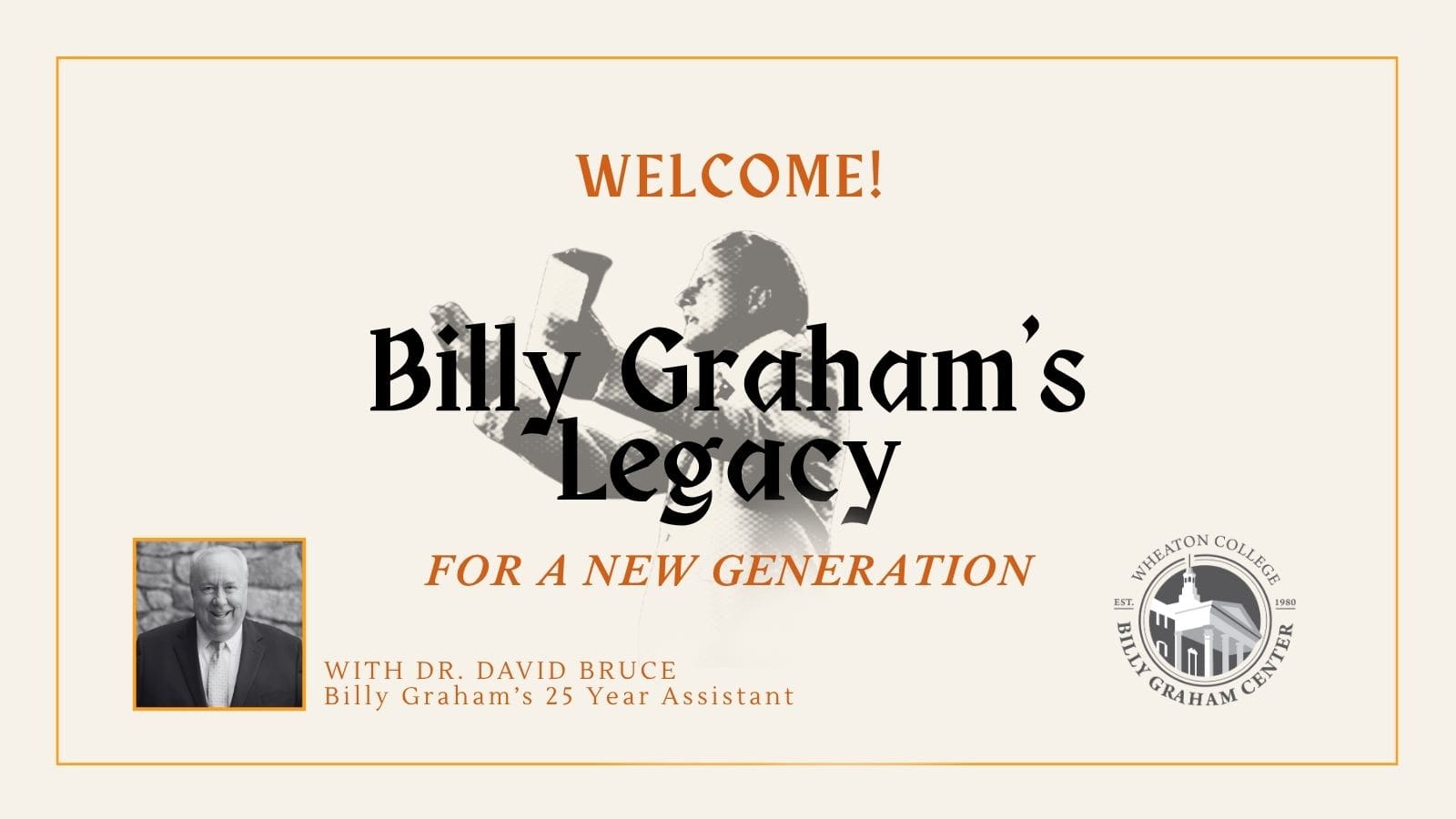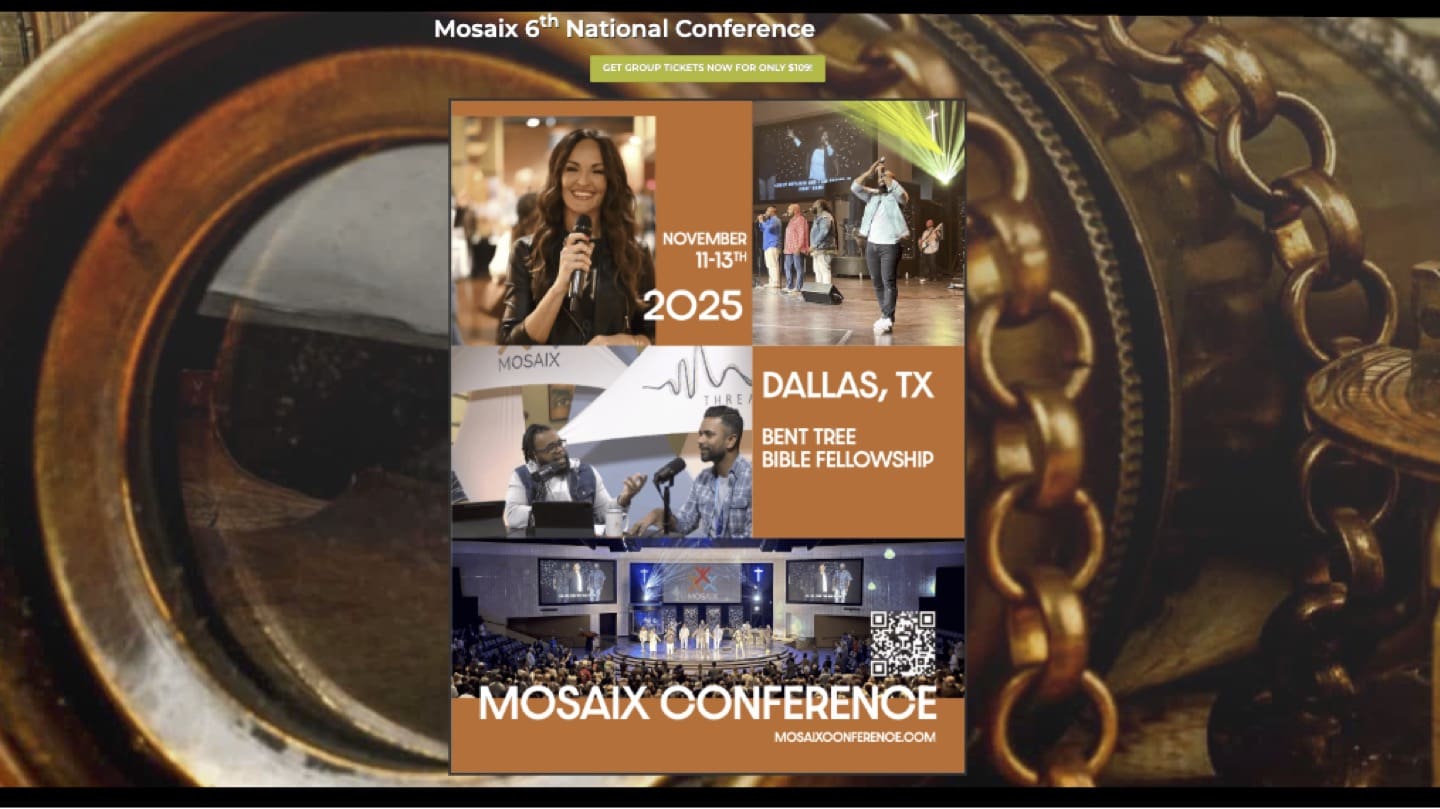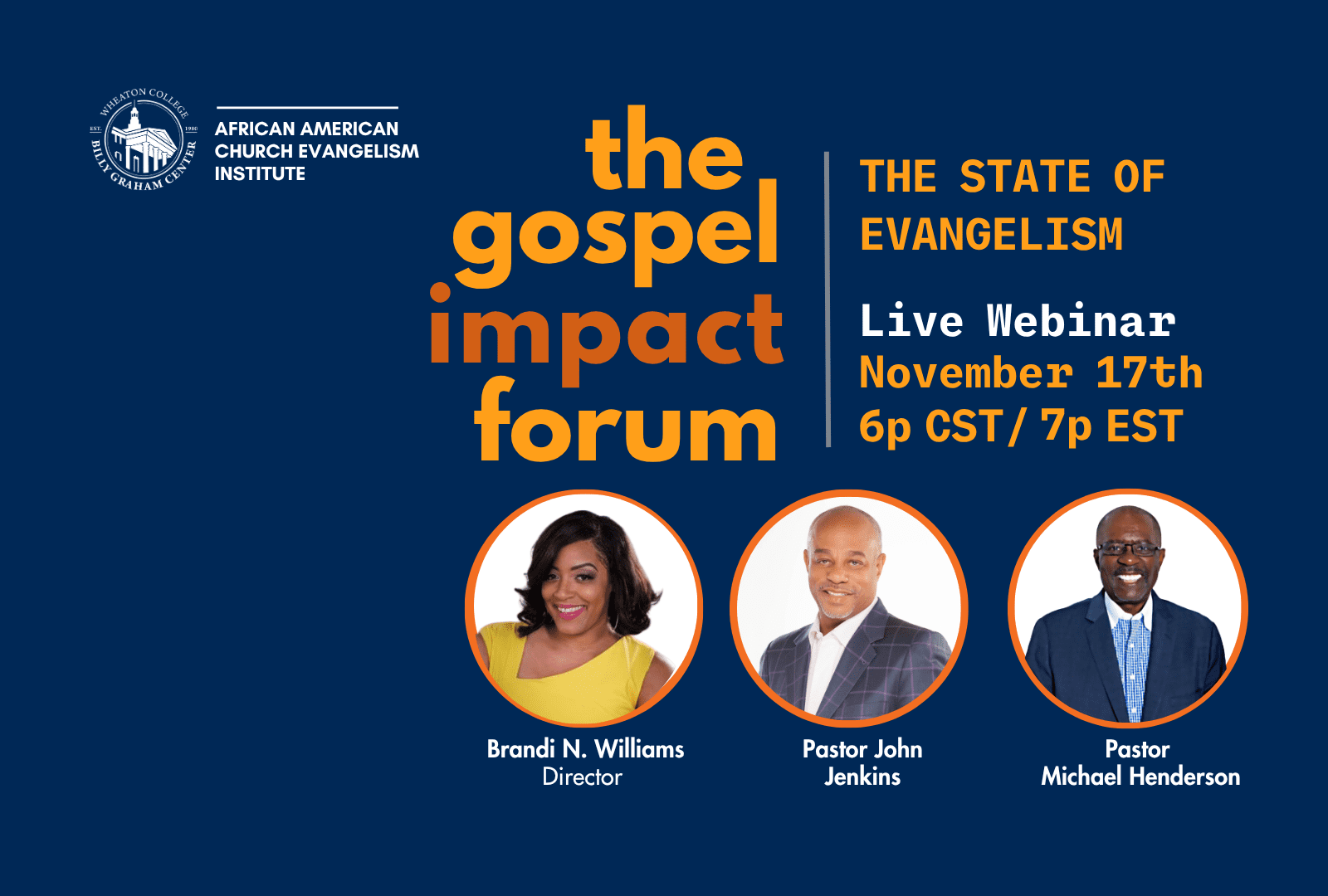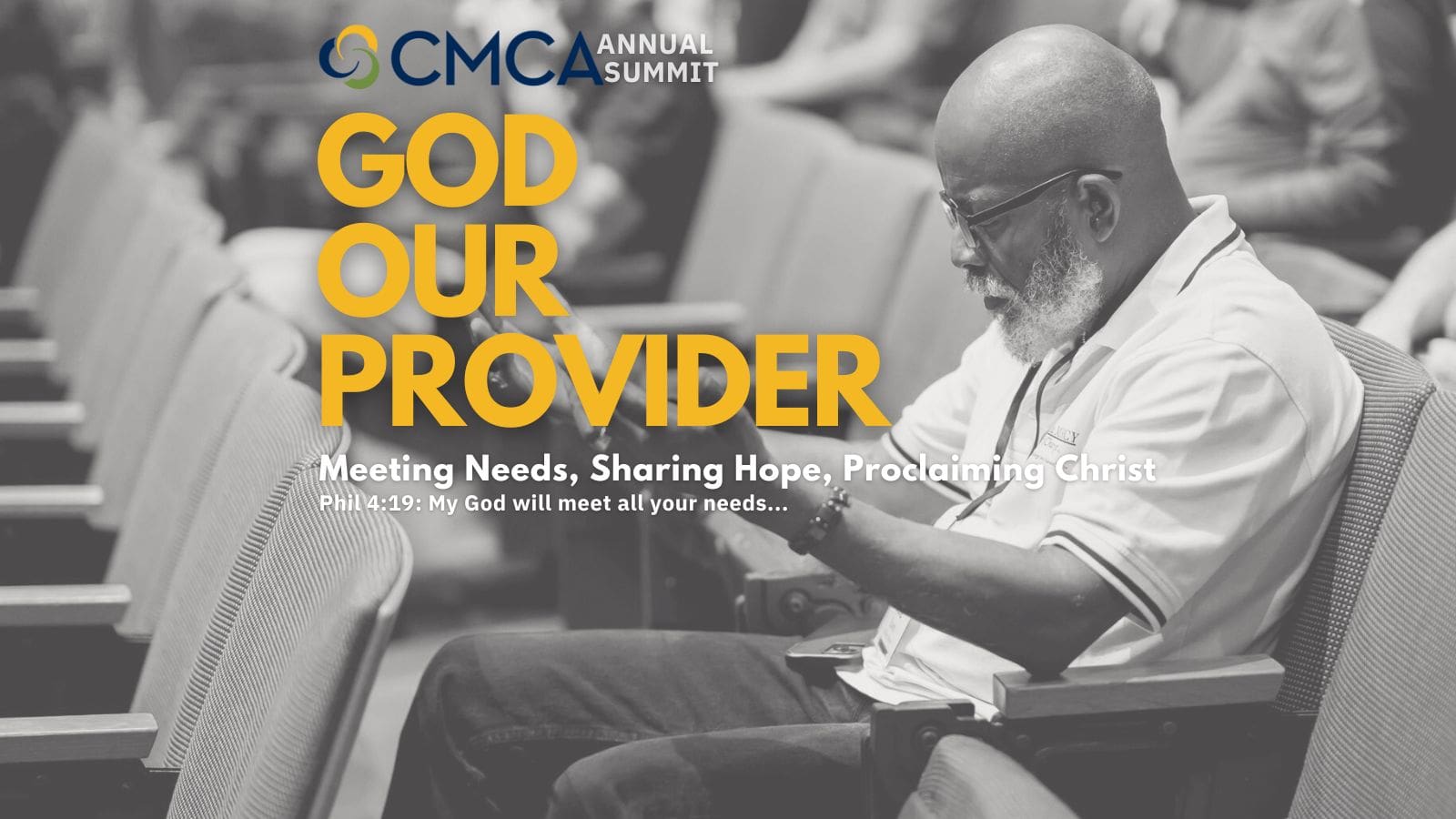Foggy Road Ahead: Leading Pioneer Planting
For years I have been keeping a close eye on the front lines of church planting in Canada. In terms of the process of secularization, it is believed that Canada is currently 10 years behind Britain and is 10 years ahead of the US. Here is what I am learning: the next phase of the future of the church in the West has already been revealed to us among the courageous men and women who are stepping out and planting now. This is especially true among “pioneer church planters.”
Pioneer church planting is different from traditional church planting in that the goal is to not only form a new church; it is to also to explore new ways of being the church. Because the future remains foggy for the church in the West, we must care for these seeds of the future and nurture them as they develop.
This is not going to be an easy task.
The inherited wineskins of church we currently steward will burst if we try to pour new kinds of church into them. We must instead make room in ourselves for this new thing that God is doing among us.
A planter friend of mine put it this way, “It’s going to be a double-edged sword supporting new things. The new things are going to want to push out further from the denomination—further than a denomination is ever going to be comfortable with. If you, as a denomination, are going to embrace new forms of church, then you are going to be stretched and forced to come to grips with your own values and ways of doing things. You are going to be tested. The new groups are going to do things differently, in ways that make sense to them.”
What follows here is a hard-won bit of advice that denominations will need to keep in mind if they are going to support and nurture new forms of church.
Examine Your Need for Control
The most consistent word of advice from planters was for a denomination to examine its need for control. The higher the denomination’s need for control, the worse the relational outcome. The negative control came from two basic needs: a denomination’s need for wins and a denomination’s need to fully understand.
Denominational leaders with a need for “wins”— meaning church plants must always succeed—created a hostile environment for pioneer church planters.
It’s common knowledge that not all church plants work out. Plants can fail even if they use paint-by-number-style models, have a properly assessed planter who is trained and coached, and have adequate funding. Pioneer church planting comes with additional risk.
The good news is that most denominations understand this, but not all. Problems arise for pioneer church plants when they operate within a denomination that has a particular aversion to things not working out. Aversions to things not working out find their source in either pragmatism or theological beliefs.
For instance, some denominations lack adequate financial resources. Denominations in this position are often vulnerable to pressure that they can’t afford to fail. This pressure creates a pragmatic aversion to things not working out. For the sake of your denomination’s planting department, and for the sake of the ministry of pioneer planters, it would be better if your denomination referred pioneer planters to work with another group.
Problems can also arise for denominations where failure carries theological weight. Verses like “no weapon formed against you will prevail” (Isaiah 54:7) and “I will build my church, and the gates of Hades will not overcome it” (Matthew 16:16) can be interpreted to mean that plans that are seriously undertaken, confirmed, and prayed about can never fail. Irrespective of the fact that this is a problematic way to handle Scripture, this kind of denominational victory narrative creates a toxic environment for pioneer church plants. This requires that the church plant balance both the task of creating something new with the task of becoming a church.
If failure isn’t an option then pioneer church planting isn’t for your tribe. Again I would urge you, for the sake of your denomination’s planting department, and for the sake of the ministry of pioneer planters, it would be better to refer pioneer planters to another group.
Engaging Pioneer Church Planters
Denominations should make a considered and thoughtful examination of their culture before deciding to engage with pioneer church planters. A mismatch in culture can cause unnecessary tension, conflict, and even closures in pioneer church plants. A mismatch negatively impacts the life of the church plant, and in the worst cases can rob the North American context of future church plants by permanently sidelining a pioneer planter. This is a price the church in the West cannot afford to continue paying.
Please ensure before you engage with pioneer church plants that your denominational culture can handle the pressure. Here are a couple of questions to help get started in some denominational self-examination:
- Does our denomination include a significant diversity of church forms already?
- Does our diversity include communities from distinctive subcultures (bikers, hipsters, urban, suburban, rural, Star Trek fans,etc.) and people from other ethnicities?
Evidence of already-existing diversity suggests that your denomination has done the hard work of adjusting itself in order to unify, support, and nurture people who are “different.” The fact that your group contains both subcultural groups and immigrant churches means that your denomination sees the future clearly. All too often the term “different” is reserved solely for people groups born elsewhere.
This kind of cultural blindness creates a double standard. Immigrant churches under these conditions are free to be different. They are free to adjust how they do things in order to meet the needs of their people. Conversely, churches serving the needs of people born here are often not as free. In denominations like these, there is often an unstated expectation that all churches that serve the needs of people born elsewhere should essentially look and operate in the same way. If your denomination hasn’t done the hard work of adjusting to difference in all its forms, there is a good chance your group won’t be ready to support pioneer church planting.
Heed the words of this planter:
“I would not say that my denomination supports new and evolving forms of church. They support immigrant churches and the classic, white, come-to-our-soft-launch, evangelical, seeker-sensitive, wear-jeans-look-cool churches.”
Culture Matters
The new reality is that culture matters. The future of the West means more diversity, not less.
The work of adjusting to our surroundings, and adjusting how we do things in order to meet the needs of the people around us is real work. This is pathfinder work. If your denomination does not already contain this diversity you may find pioneer church plants to be more than you can handle.
Here are some other questions to help you with denominational self-awareness:
- Has our denomination ever changed its mode of operating, by-laws and policies, or other denominational systems to better accommodate new forms of church?
- Does our denomination often express a need and a desire for new ways of being the church?
- Do we invite pioneer planters to help us shape our current church planting processes around assessment, training, coaching, networking, and funding?
- How much “downfield blocking” do we need to do to protect pioneer church plants?
- How would we rate our denomination’s overall need to “get” what is going on in every church plant?
- Does not understanding what a church plant is bother us?
- Has our denomination ever sat down in a formal way to ask “what is our ecclesiology now”?
This article was adapted from the book Gutsy: (Mis)Adventures in Canadian Church Planting. Available at Amazon.
Note from the editor – The future of church planting will incorporate a mosaic of church methods and models. Jared’s insight regarding the need to lead with innovation and to explore new ways of being church is reflected in Principle #4 of our Church Planting Manifesto for the 21st Century North America. We believe that this manifesto could be one of those great statements that has eternal consequences; it could be a culture-shaping statement that prepares God’s church for the future. Endorse it with us!

You may also like
- Church and Culture, Church Leadership, Multicultural/Multiethnic
- Church Leadership, Leadership, Missional Discipleship
- Church Evangelism, Church Leadership, Innovative Evangelism, Missional Discipleship



















































